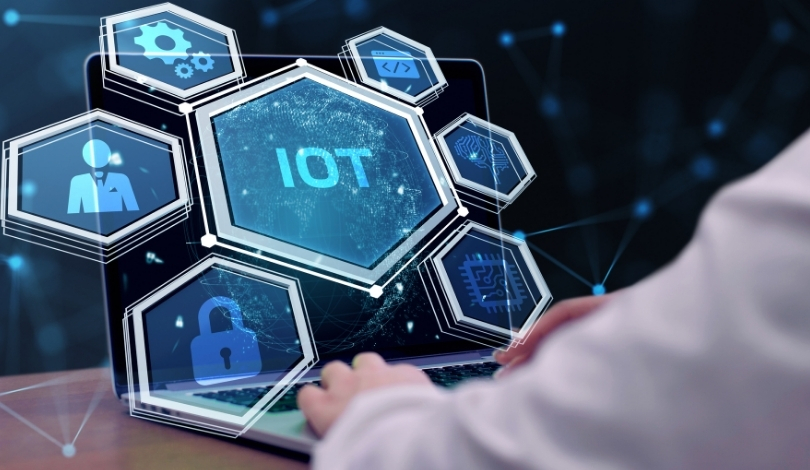A new report from Verizon Business highlights the mounting security challenges associated with the increased use of mobile and IoT devices. The 2024 Mobile Security Index (MSI) underscores how the growing dependency on these technologies exposes organizations to significant cyber risks. This seventh iteration of the report delves into the evolving threat landscape, especially amid the ongoing trend of remote work. The report offers insights valuable for IT leaders, stressing the need for robust security frameworks and proactive strategies to safeguard critical infrastructure.
Recent findings indicate a notable rise in mobile device usage and IoT deployment among organizations. Comparatively, previous reports also showed a steady increase in these trends, but the current level of adoption is unprecedented. The current MSI reveals that 80% of organizations consider mobile devices essential, with 95% actively using IoT technologies. This contrasts with past data, which showed lower dependency levels and fewer reported security breaches. The evolving nature of cyber threats, such as AI-assisted attacks, has further accentuated the need for enhanced security measures.
Heightened Mobile and IoT Usage Elevates Cyber Risks
The latest MSI data shows that 80% of surveyed organizations see mobile devices as crucial to their operations, while 95% are utilizing IoT devices. Within critical infrastructure sectors, 96% of respondents report using IoT devices, and over half have dealt with major security incidents resulting in data loss or system downtime.
“These findings highlight the continued friction that employers face as more and more work is done on personal mobile devices,” said Phil Hochmuth, Research VP of enterprise mobility at IDC. “This is why we are seeing more and more employers move from a pure bring-your-own-device model to employer-provided devices where CIOs can have greater governance to protect critical infrastructure from cyber attacks.”
AI Threats and Countermeasures
AI technologies are becoming a double-edged sword in the cybersecurity realm. While 77% of respondents believe AI-assisted cyberattacks like deepfakes and SMS phishing are likely, 88% from critical infrastructure sectors see AI as a vital component of cybersecurity solutions. This highlights the dual role of AI in both posing new threats and providing advanced defense mechanisms.
IoT Growth Necessitates Enhanced Cybersecurity
The increasing deployment of IoT devices demands a concurrent evolution in cybersecurity strategies. Organizations must adapt to the expanding digital landscape, which now encompasses diverse sensors and purpose-built devices. This growing complexity requires more comprehensive security measures and heightened awareness among IT professionals.
“The Industrial Internet of Things (IIoT) is giving rise to a massive expansion in mobile device technology that goes well beyond phones, tablets, and laptops. Enterprise networks now include all sorts of sensors and purpose-built devices that monitor, measure, manage and control commercial tasks and data flow,” said TJ Fox, SVP of Industrial IoT and Automotive, Verizon Business. “That IIoT growth brings with it a proportionate need for more knowledge, awareness, and IT solutions to ensure the security of those increasingly sophisticated networks.”
Business leaders should note the increasing importance of incorporating IoT devices into their cybersecurity frameworks. The 2024 MSI emphasizes the necessity for advanced security protections, continuous employee training, and sophisticated threat detection systems. The report also highlights contributions from Verizon’s partners such as Ivanti, Lookout, Jam, and others. Organizations are urged to adopt comprehensive security measures to mitigate rising cyber risks.










